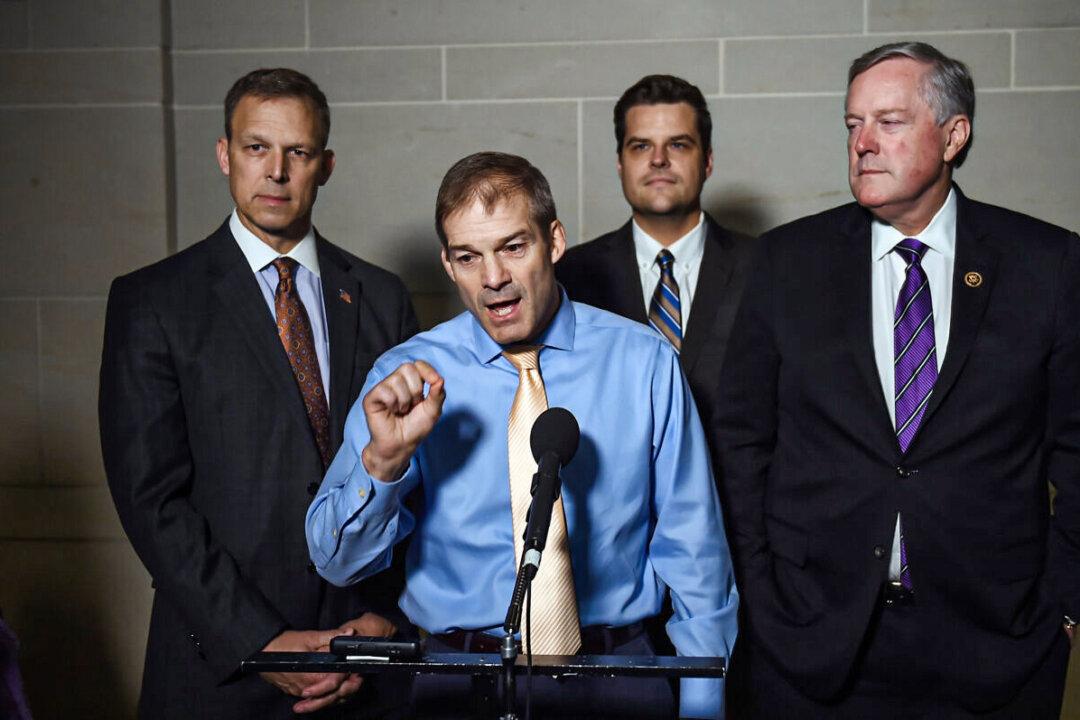Several prominent Republican lawmakers had discussions with the White House about how to legally prevent the certification of the 2020 presidential election over concerns of voter fraud, according to testimony by a former White House staffer.
In the weeks leading up to the certification of the 2020 election by Congress, many Republicans continued to express concerns that the results had been swayed by voter fraud.





